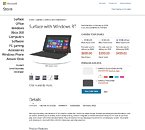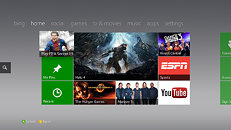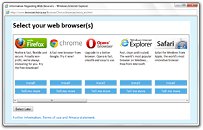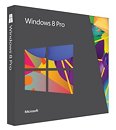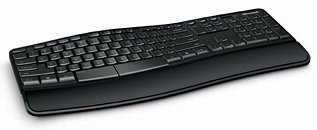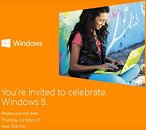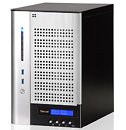
Internet Explorer 10 for Windows 7 Arriving Next Month
Microsoft Group Program Manager Rob Mauceri has today revealed that Internet Explorer 10 will be bringing its bells and whistles over to Windows 7 in mid-November. The catch is that the release planned for next month is (still) a preview as the Redmond company wants to "collect developer and customer feedback" before rolling out a final version.
Internet Explorer 10 integrates Adobe Flash Player and comes with improved JavaScript performance, better HTML5 support, the Enhanced Protected Mode, plus other tweaks and fixes. IE10 can be experienced in full on Windows 8 which arrives on October 26.
Internet Explorer 10 integrates Adobe Flash Player and comes with improved JavaScript performance, better HTML5 support, the Enhanced Protected Mode, plus other tweaks and fixes. IE10 can be experienced in full on Windows 8 which arrives on October 26.


